Content Warning
The Stories shared by Trans people in Ireland need to be heard, but reading them may be upsetting for Trans folks and their friends and family. Please mind yourself as you read and share this content. You can find help resources here.
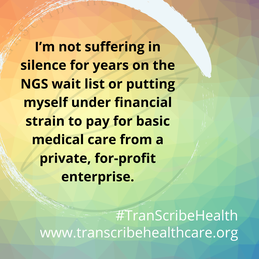
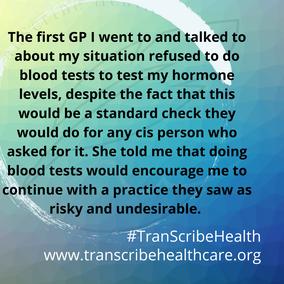
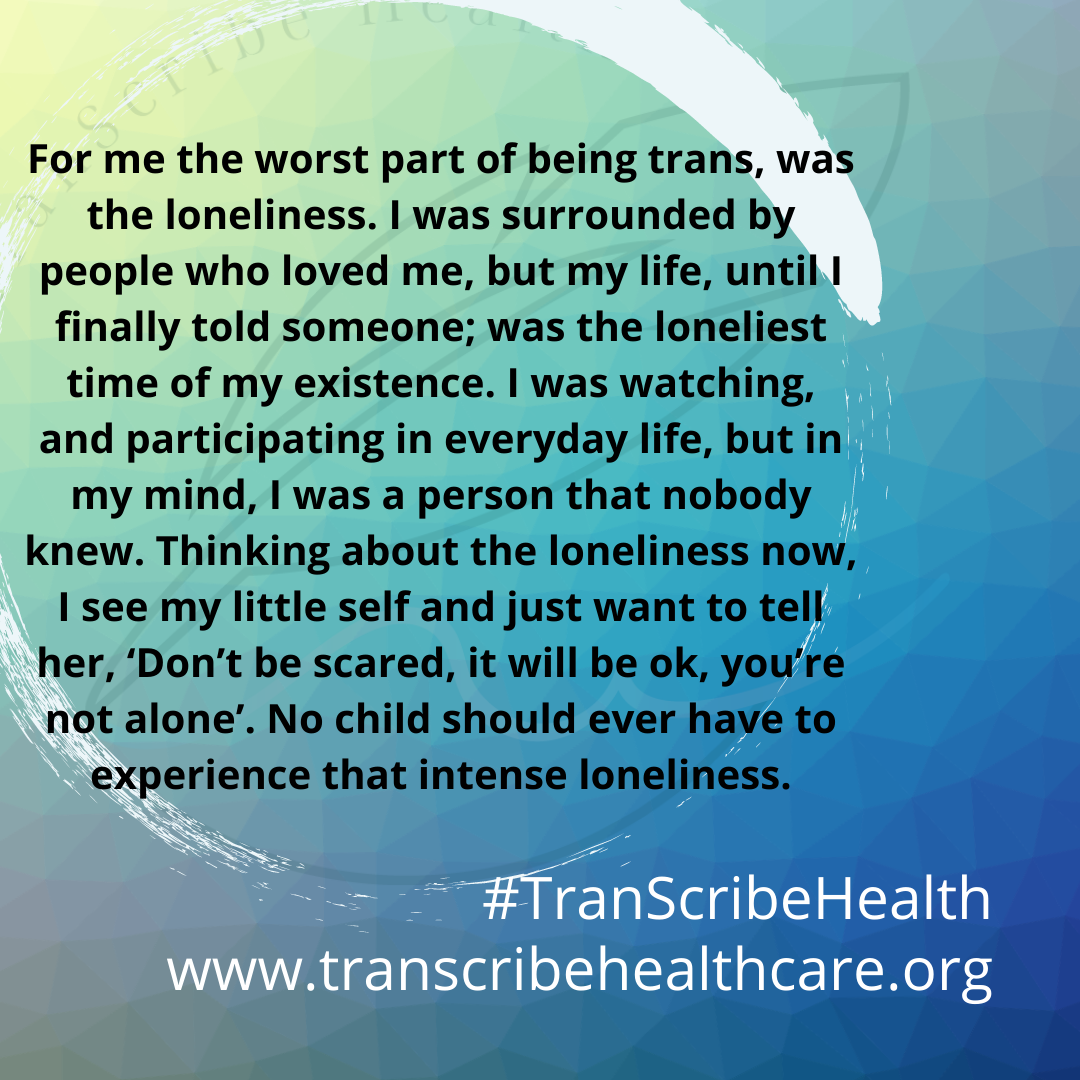
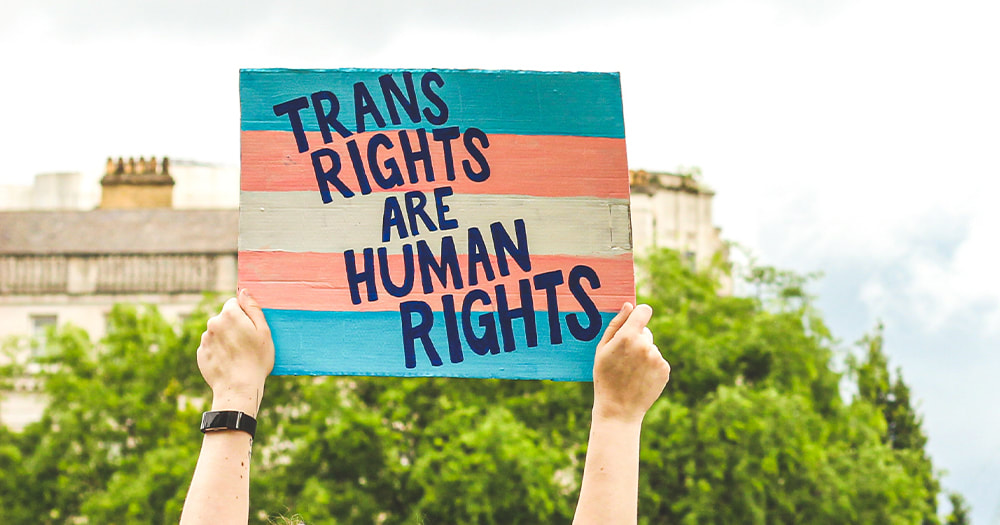
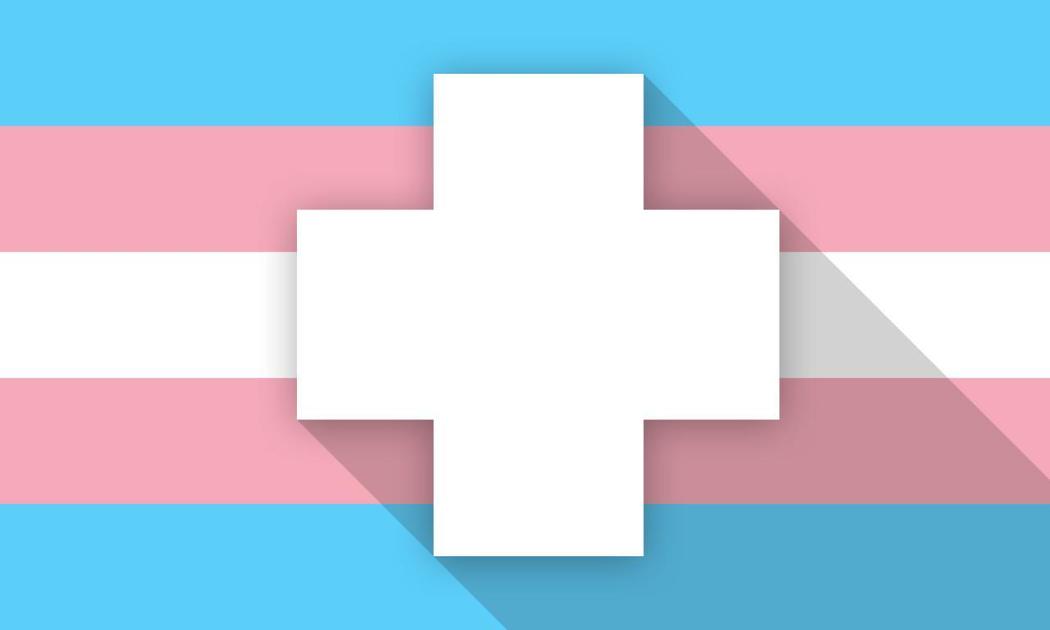


 RSS Feed
RSS Feed